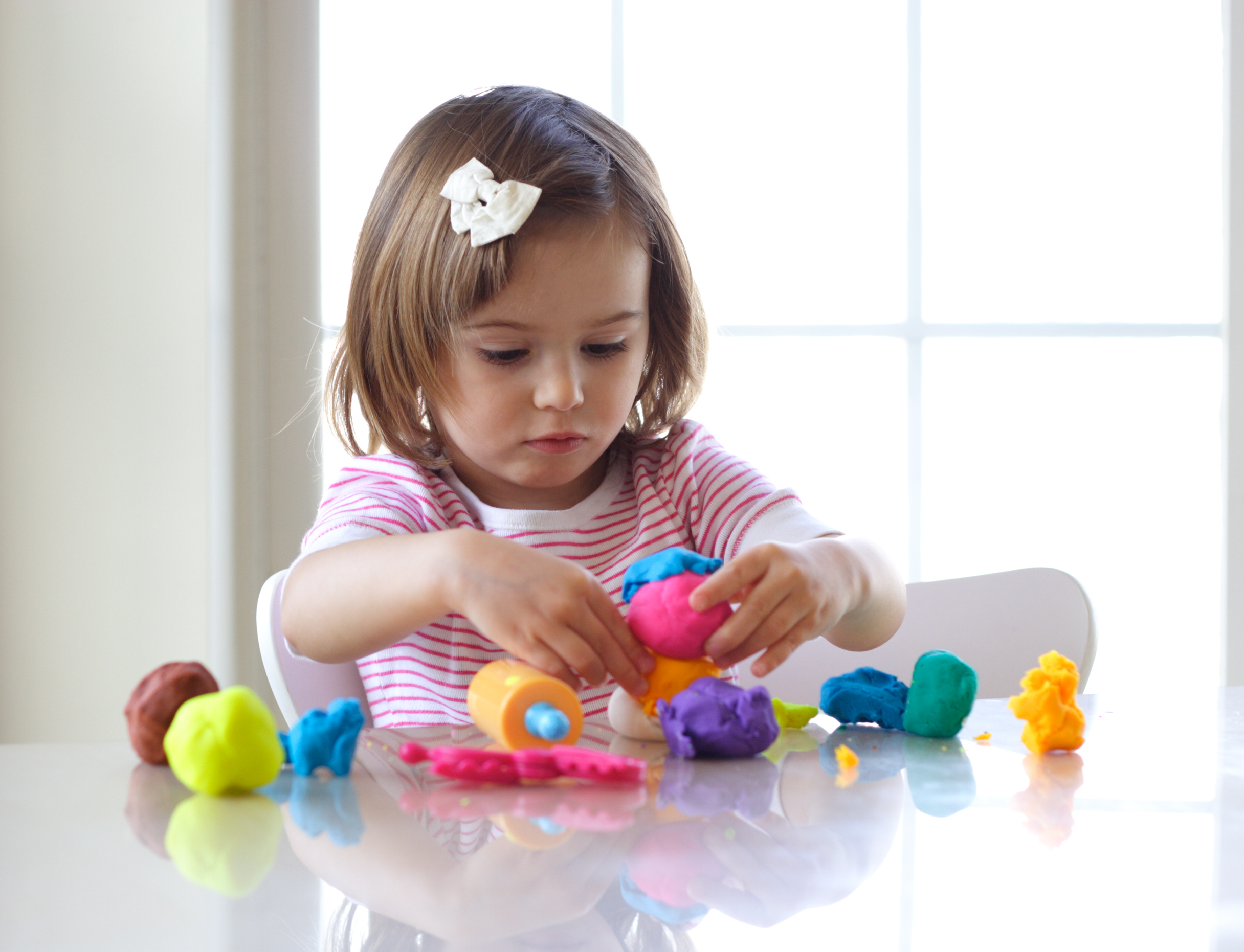By Deborah Lee MS, OTR/L
Occupational therapy stresses the importance of fine motor skills and here is why! Almost every activity or task that we partake in our daily lives, such as self-care tasks (i.e., self-feeding) and grasping objects to engage in play (i.e. Legos, building blocks) or for handwriting, involves the use of the small muscles in our hands that control our hand and fingers. Without fine motor skills, it would be extremely difficult to grasp our utensils to feed ourselves, or a writing utensil to draw. Oftentimes, children who struggle with fine motor tasks may present with lower frustration tolerance than their same-aged peers. For example, due to their weak hand muscles or overall delayed skills, a child may have difficulty with grasping onto scissors and opening them to cut through paper. As a result, they may become discouraged and easily give up; thus, refined fine motor skills are crucial towards instilling children’s overall self-esteem and confidence.
The first step towards helping our children build their fine motor skills is by building and increasing their hand muscle strength. Without strength, how would they be able to open and close scissors, pull apart Lego blocks, or fasten their fasteners on their clothing? You will hear and see many occupational therapists incorporate Play-doh or theraputty into their treatment sessions to target building strength, by allowing the child to press down onto the Play-doh, utilize Play-doh push tools, or even pull apart Play-doh into small pieces and roll them into a ball.
In addition, we should always provide opportunities for children in the home or school setting to help with continued development and of refining their fine motor skills. Some of these activities include but are not limited to:
- Lacing beads
- Painting – with a paintbrush, q-tip, or bare hands
- Tearing paper into small pieces
- Pegboard activities
- Grasping objects with tweezers/tongs




